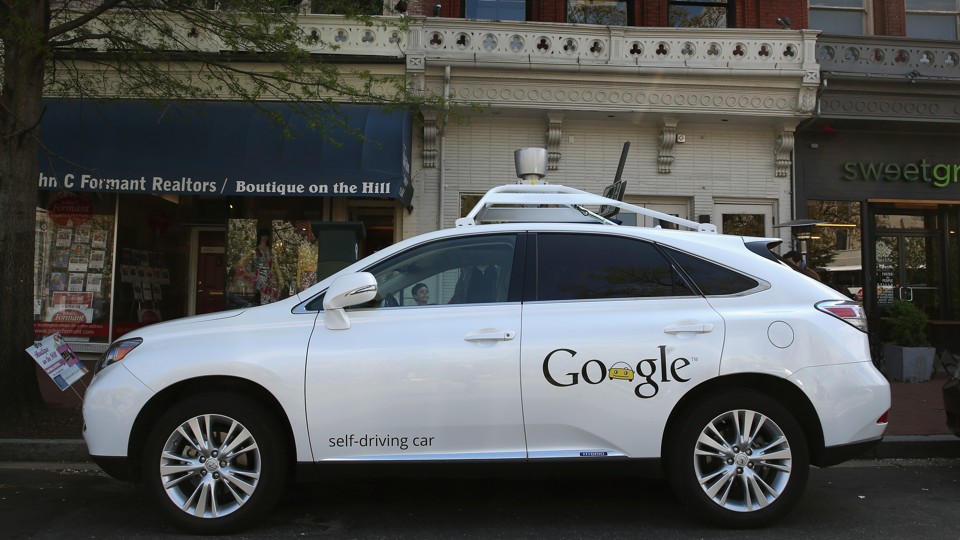
Should driverless cars be utilitarian or egalitarian?
Why kind of ethics should we program into driverless cars?
Debate over self-driving cars has intensified in the US following the two driverless vehicle fatalities in March. Some commentators argue that all driverless car tests should be halted until safety concerns are addressed.
Yet there is another question that requires urgent consideration, namely, “what kind of ethics should we program into driverless cars?”. Self-driving cars may face decisions involving a choice between which lives to prioritise in the event of an impending crash. And these decisions require ethical answers.
A new paper in the journal Frontiers in Behavioral Neuroscience analyses the views of human beings on how driverless cars should manage these situations. Researchers from Osnabruck University in Germany analysed the responses of 189 participants to a series of difficult ethical scenarios, including a scenario in which participants must choose between careering into a crowd and running over a single pedestrian, and another scenario in which participants must choose between sacrificing their own lives or taking the lives of a group of pedestrians.
The researchers found that respondents overwhelmingly sought to minimise loss of life, and where generally willing to sacrifice their own lives. Respondents also tended to favour younger persons over older persons.
The researchers described the respondent’s intuitions as “utilitarian”, and noted a conflict between this and the egalitarian philosophy underpinning current government regulations on driverless technology.
Throughout the experiment the subjects' decision making is more in line with utilitarianism, i.e., utilitarianism is more sensitive to the factors which subjects seem to recognize as morally relevant…The factors identified here, however, clash not only with moral theories, but also with political norms as laid out by the German ethics commission for autonomous driving.
The authors recommend that policy makers establish an open dialogue with broader society about the moral norms for self-driving cars. Policy makers should attempt to explain their egalitarian policies, cognisant that if the public rejects them they may need to be revised.
Should driverless cars be utilitarian or egalitarian?
Xavier Symons
Creative commons
https://www.bioedge.org/images/2008images/self_driving_car.jpg
ai
artificial intelligence
driverless cars
- Can machines be moral? - March 7, 2021
- Can we synthesise Christianity moral theology with secular bioethics? - November 28, 2020
- Euthanasia polling data may fail to capture people’s considered views - August 15, 2020
